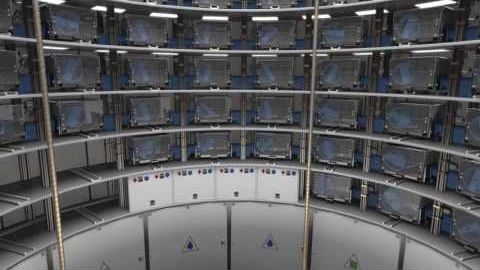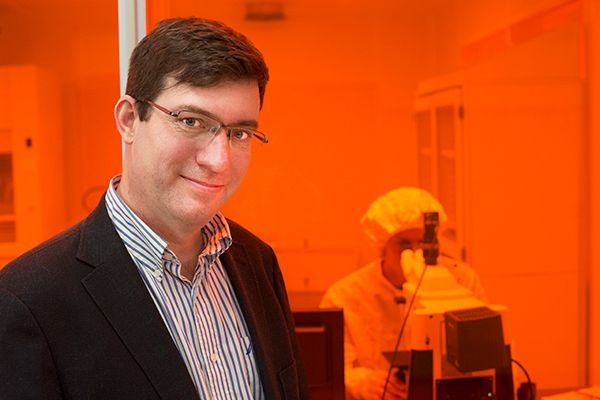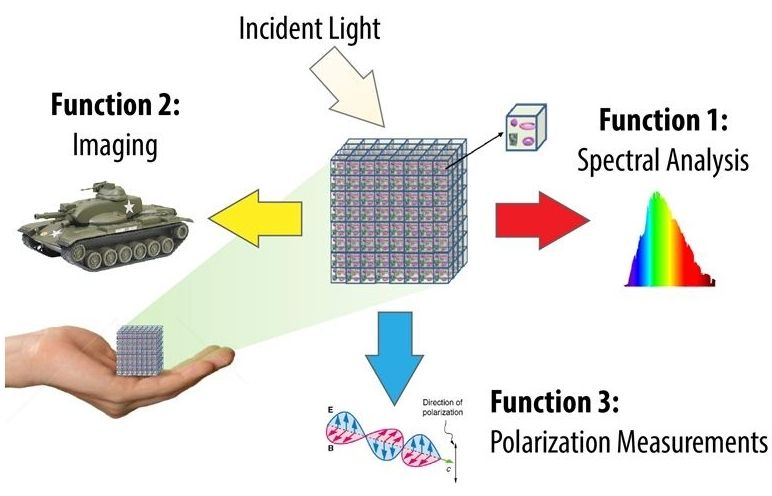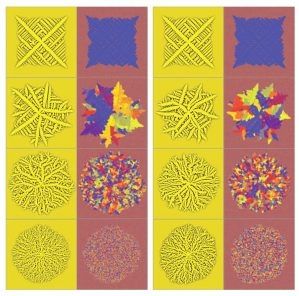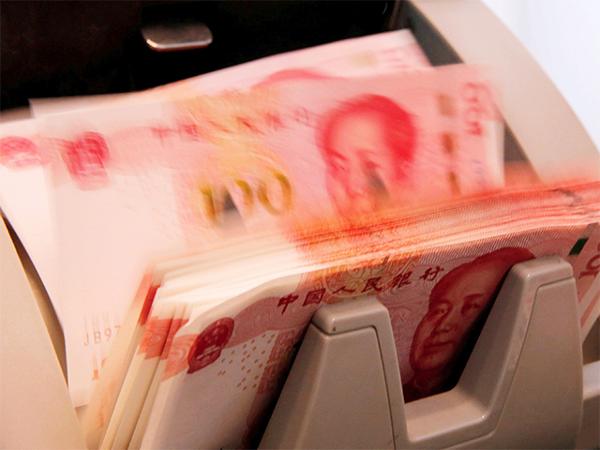Page 10653
Aug 17, 2016
The silicon dreamer who’s difficult to doubt
Posted by Karen Hurst in categories: computing, quantum physics
She is showing the world how QC really works. Hoping; Science and Tech finally gives her the recognition she deserves; and history reflects just how key to QC she is. She is to QC as Tesla was to energy (breaking the boundaries).
They said a silicon based quantum computer couldn’t be built. Professor Michelle Simmons and her team are proving otherwise.
Aug 17, 2016
“Super-Babies to a Quantum Portal to the Cosmos” –China’s 2016 Headlines Foreshadow Control of the Planet & Beyond
Posted by Karen Hurst in categories: computing, quantum physics, space

As I highlighted earlier, we now understand more about the telescope announcement 3 months ago and its tie with the Quantum Satellite. Also, we are aware of China’s efforts to be the world leader of tech as they have proven in Pharmaceuticals (namely the generic brand market). Space is another area they have passion due to the opportunities in mining rare and raw materials, etc. Things are getting extremely interesting for sure.
BTW — the balance of tech power is changing; and we could see soon a day that folks look towards China stating the future of tech v. SV.
Aug 17, 2016
Exploring the promise of the quantum realm
Posted by Karen Hurst in categories: engineering, nanotechnology, particle physics, quantum physics, security, terrorism, transportation
Nice work; understanding the quantum effects in nanomechanical systems is closer to reality in being achieved. Imagine a nanobot or microbot with quantum mechanic properties.
Rob Knobel is probing the ultimate limits of nanomechanical systems to develop and build tiny vapour sensors, which could be used as airport security tools to prevent terrorism or drug smuggling.
He and his students are using highly specialized equipment in the $5-million Kingston Nano Fabrication Laboratory (KNFL), which opened a year ago in Innovation Park, to fabricate nanosensors made from graphene, a form of carbon a single atom thick.
Continue reading “Exploring the promise of the quantum realm” »
Aug 17, 2016
DARPA’s EXTREME Program will Manipulate Light to Strengthen US National Security
Posted by Karen Hurst in categories: materials, security
It aims to introduce engineered optical materials (EnMats) and associated design tools for creating innovative optical systems with improved performance, new functionality, and drastically reduced size and weight.
It will do this by finding ways to manipulate light in ways beyond the conventions of classical reflection and refraction, delivering optical systems the size of a sugar cube.
If successful, EXTREME could introduce a new era in optics and imagers for national defense.
Aug 17, 2016
Hezbollah Drone Is a Warning to the U.S
Posted by Karen Hurst in categories: drones, military, robotics/AI
I hate saying “I told you so”; however, it has happened. Whenever, technology is easily acquired means the bad people also has the same access via many sources.
As early as November 2004, Hezbollah sent Iranian-supplied Mirsad drones into Israeli airspace on spy missions, catching Israeli air defenses off guard. Shortly thereafter, Hezbollah leader Hassan Nasrallah proclaimed that the Mirsad could penetrate “anywhere, deep, deep” into Israel while carrying more than 200 pounds of explosives.
It was a bold claim for the time. The United States was the first country to deploy a modern, armed drone—the Predator—in 2001. For several years, America possessed a virtual monopoly on weaponized flying robots.
Continue reading “Hezbollah Drone Is a Warning to the U.S” »
Aug 17, 2016
Revolution by Design: The Materials Genome Initiative
Posted by Karen Hurst in categories: biotech/medical, materials
Washington, DC — The creation of a new material has long been either an accident or a matter of trial and error. Steel, for instance, was developed over hundreds of years by people who didn’t know why what they were doing worked (or didn’t work). Generations of blacksmiths observed that iron forged in charcoal was stronger than iron that wasn’t, and iron that was forged in a very high-temperature, charcoal-fired furnace and rapidly cooled was even stronger, and so on.
While we’re still learning things about steel, we now have all kinds of recipes that we can use to make steels with different properties depending on the application, but those recipes took a lot of time, sweat and toil to develop. Wouldn’t it be great if we could skip over all the trials and errors and design new materials from scratch with the exact properties we want?
Aug 17, 2016
How to make India an innovation hub
Posted by Karen Hurst in categories: education, engineering, finance, policy
Innovation is all the buzz in Asia. Australia, China, Korea, Vietnam, and now lets look at India.
Personally, I believe there is great potential in India for some amazing innovations. Just look at their own historical sites and artifacts, art, etc.; no one can claim creativity, imagination, etc. does not exist. And, not to mention the engineering feats that have been proven by India many times.
India has moved 16 rungs up the global ranking for innovation in 2016, as compared to 2015, but still remains a lowly 66th, well below Malaysia and Vietnam, leave alone China in the middle-income category and far below countries like South Korea and Japan, and other high-income innovation hubs like Switzerland, the US, the UK and Singapore. What can be done to make India a hub of innovation? Improve the quality of education across all levels. A technology policy that incentivises genuine R&D is required. Ease of entry and exit of firms, competition, a vibrant financial sector that allocates capital to new profit potential, a culture of entrepreneurship and an end to failure-shaming would help. The least obvious requirement is political empowerment of the common man.
Aug 17, 2016
China launches $30 billion state-controlled venture capital fund
Posted by Karen Hurst in categories: business, innovation
China means business; and what will the long-term impacts to SV be? Could the US see a brain drain soon?
China has been encouraging its industrial firms to rise up the value chain through technical innovation and tougher efficiency standards, with the aim of creating globally competitive conglomerates.
It has vowed to be more selective in the way it disburses funds, and aims to cut off credit for non-competitive firms that are unable to upgrade.
Continue reading “China launches $30 billion state-controlled venture capital fund” »
Aug 17, 2016
Israeli Startup BioCatch Tracks Online Behavior, Human Memory To Catch Cybercrooks
Posted by Karen Hurst in categories: cybercrime/malcode, finance

https://youtube.com/watch?v=q90JYGxk5xw
The company is now marketing software to help banks and online stores distinguish good users from criminals.
